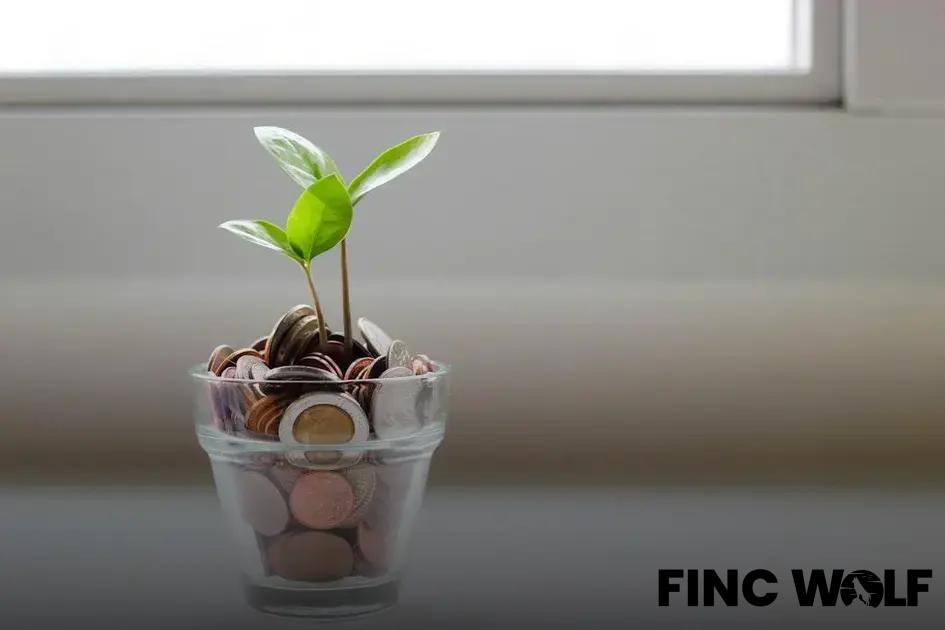As 2025 approaches, the debate over renting versus buying a home intensifies. Whether you’re a first-time homebuyer or considering renting anew, making an informed decision is crucial. This article explores the advantages and disadvantages of each option, helping you determine which is smarter for you in the current real estate market. We’ll delve into aspects like cost, flexibility, and long-term implications, ensuring you have all the information needed. Dive in to discover what might suit your lifestyle and financial goals best.
Pros and Cons of Renting in 2025
In 2025, the renting landscape offers both benefits and challenges. It’s crucial to evaluate how these factors align with your personal circumstances before making a decision.
Pros of Renting in 2025
- Flexibility: Renting provides the freedom to relocate without the hassle of selling a property. This is ideal for those who may need to move quickly for jobs or personal reasons.
- Lower Upfront Costs: Renting typically requires just a security deposit and first month’s rent, which is significantly less than the down payment and closing costs associated with buying a home.
- No Maintenance Costs: Most rental agreements include maintenance and repair responsibilities on the landlord, saving tenants from unexpected expenses related to home upkeep.
Cons of Renting in 2025
- Lack of Equity: Rent payments do not build any equity. Money spent on rent does not contribute to ownership, potentially impacting long-term financial growth.
- Rental Market Volatility: Rent prices can fluctuate significantly depending on the housing market, which can lead to unpredictable living expenses.
- Limited Control: Renters have little say in terms of property modifications or aesthetic changes, which might affect their ability to personalize their living space.
Advantages of Buying a Home This Year

When considering purchasing a home in 2025, several advantages come to light that may not be immediately apparent for potential buyers. One major benefit is the potential for appreciating property values. As the real estate market continues to evolve, owning a home can provide a hedge against inflation and a chance to build equity over time. Additionally, mortgage interest rates in 2025 are forecasted to remain relatively low, making it an opportune time to lock in a favorable rate and reduce long-term interest expenses.
Another important advantage is the opportunity for personal customization and renovation that homeownership allows. Unlike renting, owning a home means you can tailor your environment to match your personal taste and needs. Moreover, owning property provides a sense of stability and community, as you’re more likely to engage with your neighbors and local organizations when you’re a permanent resident.
Tax benefits are also significant. Homeowners can often deduct mortgage interest and property taxes from their taxable income, thereby reducing the overall tax burden. Furthermore, homes can sometimes act as a financial safety net, as they can be leveraged as collateral for loans if necessary.
Lastly, investing in a permanent residence means moving away from rental hikes and unpredictable lease terms. For those looking to secure a long-term housing solution and willing to bear the initial purchase effort, buying a home in 2025 provides stability and potential financial growth.
Financial Considerations for 2025
As the real estate landscape continues to evolve, understanding the financial considerations for 2025 is crucial in making the smartest housing choice between renting and buying a home. It’s essential to weigh immediate and long-term costs when evaluating these decisions.
Interest Rates: One of the main financial factors in 2025 is the interest rates on mortgages. A marginal increase can significantly affect your monthly budget and the total cost over time. Before buying, consider whether current rates align with your financial plans.
Market Trends: Analyze the housing market trends. Are property values expected to rise or decline in your area? Understanding market dynamics can help predict future equity benefits of buying versus the perceived stability of renting.
Monthly Costs: Homeownership often includes unpredictable expenses such as maintenance and property taxes, while renting typically covers these in a more predictable monthly fee. Balance the monthly costs with your income stability to determine financial feasibility.
Investment Potential
Consider whether you view purchasing a home as a long-term investment. If property values in your location are projected to increase, buying might offer significant returns.
Opportunity Costs: Think about the opportunity costs of tying up funds in real estate versus other investments. Assess your financial goals and risks associated with immobilizing a large amount of capital.
Always align your housing choice with your financial milestone plans, considering both short-term liquidity needs and long-term wealth accumulation strategies. This approach ensures you make informed economic decisions for your housing in 2025.
Long-term Implications of Your Choice

When deciding between renting and buying a home, it’s crucial to understand the long-term implications of your decision. While renting may offer flexibility and fewer responsibilities, owning a home can lead to significant financial benefits over time.
One of the primary considerations is equity. Homeownership provides the opportunity to build equity, which essentially means you are acquiring a valuable asset.
Equity Growth
Over the years, as you pay off your mortgage, you increase your ownership stake in the property. This can prove to be a powerful financial advantage, especially if property values increase.
Additionally, owning a home can offer stability. Fixed-rate mortgages ensure that your payments remain consistent over time, unlike rental prices that might rise each year. Predictable Expenses provide peace of mind and enable better long-term financial planning.
However, it’s essential to consider the responsibilities that come with owning a home. Maintenance, property taxes, and insurance are ongoing obligations that can add up. In contrast, renters might avoid these expenses, but they miss out on potential tax benefits and appreciation of property value.
Moreover, owning a property can bring a sense of permanence and attachment to a community, often resulting in a higher quality of life and community involvement.
Ultimately, understanding the long-term implications of your housing choice in 2025 involves weighing the benefits of asset-building and stability against the flexibility and lower responsibilities of renting. Consider your personal financial situation, future goals, and lifestyle preferences when making your decision.





